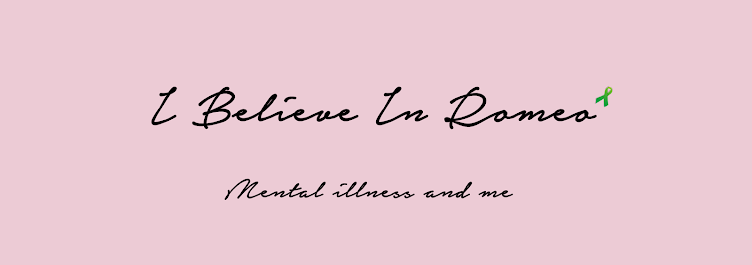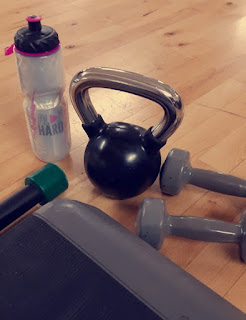 Or told those who inject themselves with insulin daily for their diabetes to stop? To question what they are putting in their body? To not to become dependent on the drugs?
Or told those who inject themselves with insulin daily for their diabetes to stop? To question what they are putting in their body? To not to become dependent on the drugs?One of the biggest stigmas that still exists in the context of mental illness is medication. As a society, we’re starting to accept mental health issues more and more. We know the '1 in 4' stats. We know it’s common. We know that young men are at risk of suicide.
We’re okay with people admitting they had a down day, they have depression, anxiety, OCD. We weren't always okay with it, but we're getting there. In fact, we think ‘fair play to you’ for coming forward and speaking publicly about their mental health.
But currently taking meds? Society hasn’t come to terms with this yet.
Non-pharmaceutical treatments are favoured. People want to talk about how exercise saved their lives. How they found recovery through meditation. It’s all about lifestyle changes.
If you just change the way you start your day, you’ll defeat anxiety!
Exercises releases ‘feel-good’ endorphins, just like meds, but it’s better for you!
You need to change your diet to improve your mental health.There is merit in these points. Everyone should exercise, eat well and practice good, healthly mental health techniques regardless of having a mental illness. It’s how we build resilience and help fend off ever developing mental illness in the first place.
But when you have a mental health problem, it’s not that easy.
When I wrote about what it was like to forgot to take your meds after being on them for six years, it started a discussion. I was told 'Don't get dependent'. As if depending on medication that works for you, that helps you is a bad thing.
This wasn't new to me, I'd heard it before. In fact I've been hearing it my whole life, since long before I was diagnosed with a mental illness. I heard it when my doctor insisted I stop taking them so that I didn't get addicted. I heard it in interviews with people in recovery; in editorials and opinions pieces about the danger of pharmaceuticals for mental health. I heard it in comments from friends; 'Are you still on medication?' 'When do you think you'll stop taking it?'
And when I reply 'Yes, I'm still on medication. I don't know if I'll ever stop taking it because it works for me.'
I get asked, 'Oh really? What type of medication are you on?' Or they offer their advice. 'My friend had depression, and she found exercise helped.' 'But have you tried mindfulness?'
In what other health setting do we think it appropriate to grill people on their treatment choice? Or to ask specific questions on what brand of drugs they've bought? Do we question cancer patients on whether they're choosing a holistic cure for their tumour or a scientific one?
I proudly defend my use of medication as a treatment because I didn't have a choice.
I had no motivation to exercise, I had no appetite to eat at all, yet alone healthily, and I didn't know how to recognise, never mind change, negative thought patterns. I needed something that would allow me to live again. I needed something that would keep me alive.
I’d rather be medicated for the rest of my life, dependent on pharmaceuticals to function, than to not be here. And that’s the risk I'd have to take if I ever stopped taking them.
And I am sick of people judging me, looking down on me from their high homeopathic horse.
I get that medication for mental illness differs to medication for physical illness in many ways.
The side-effects differ per person. You can’t look at someone and see how severe their illness is. There’s no physical wound to measure and treat. It’s inside. It’s in your head. There is no consensus on how to treat something you can't see.
But why should we discourage medication when it does work?








